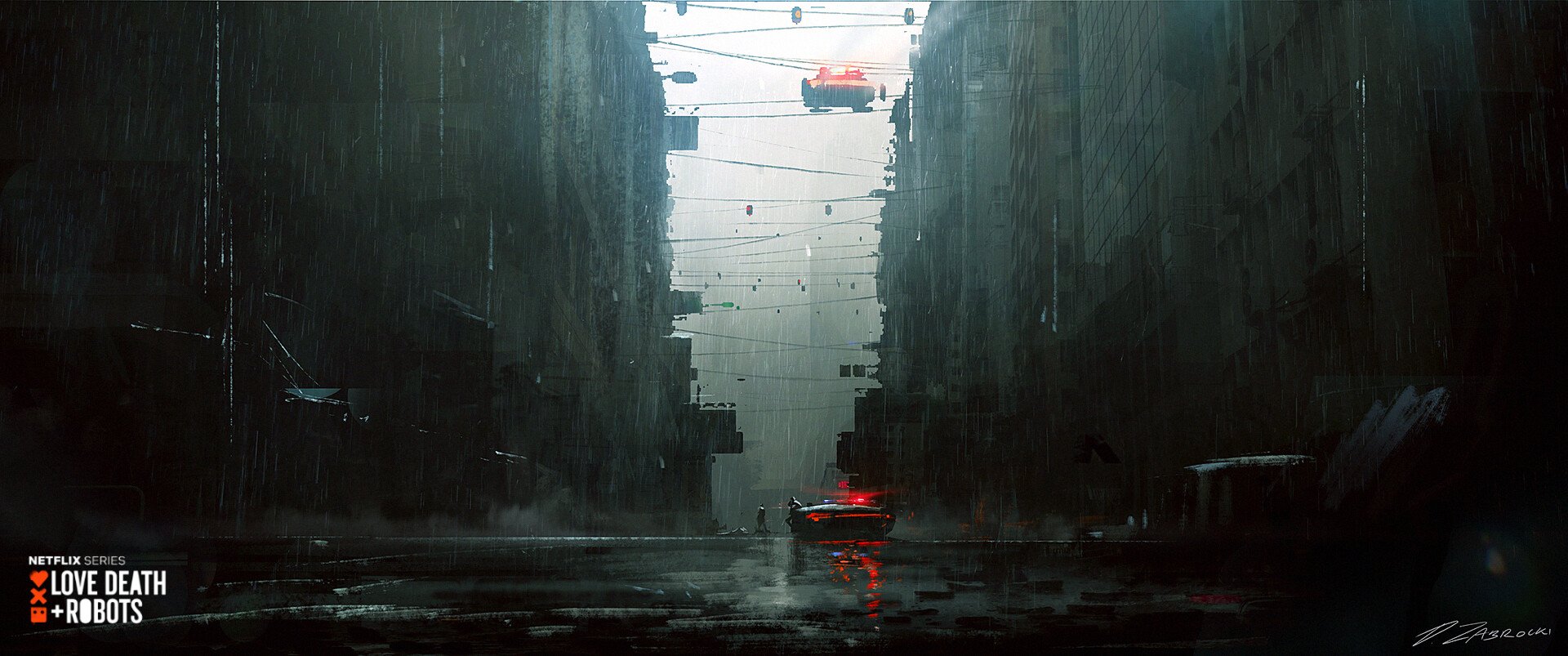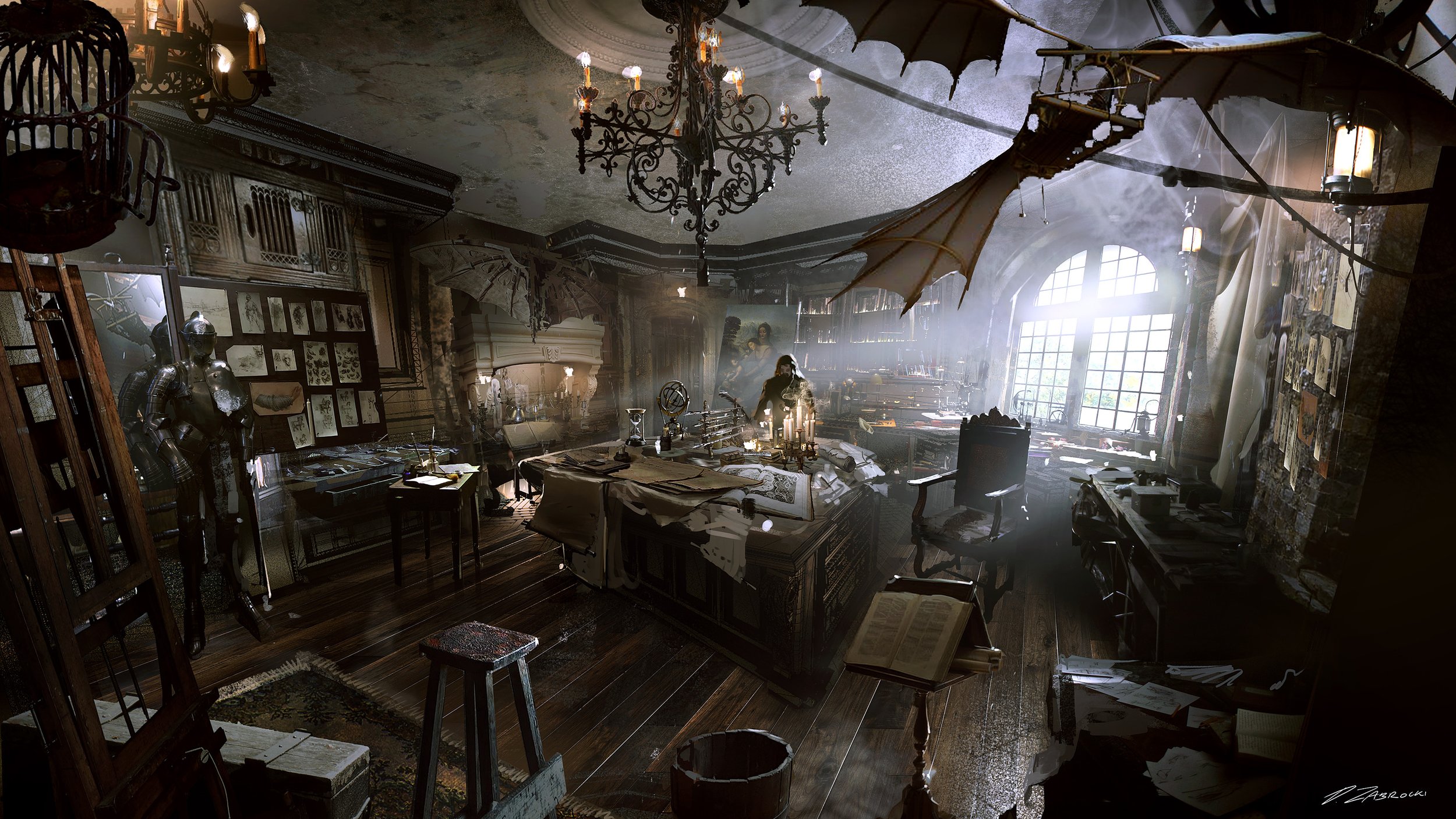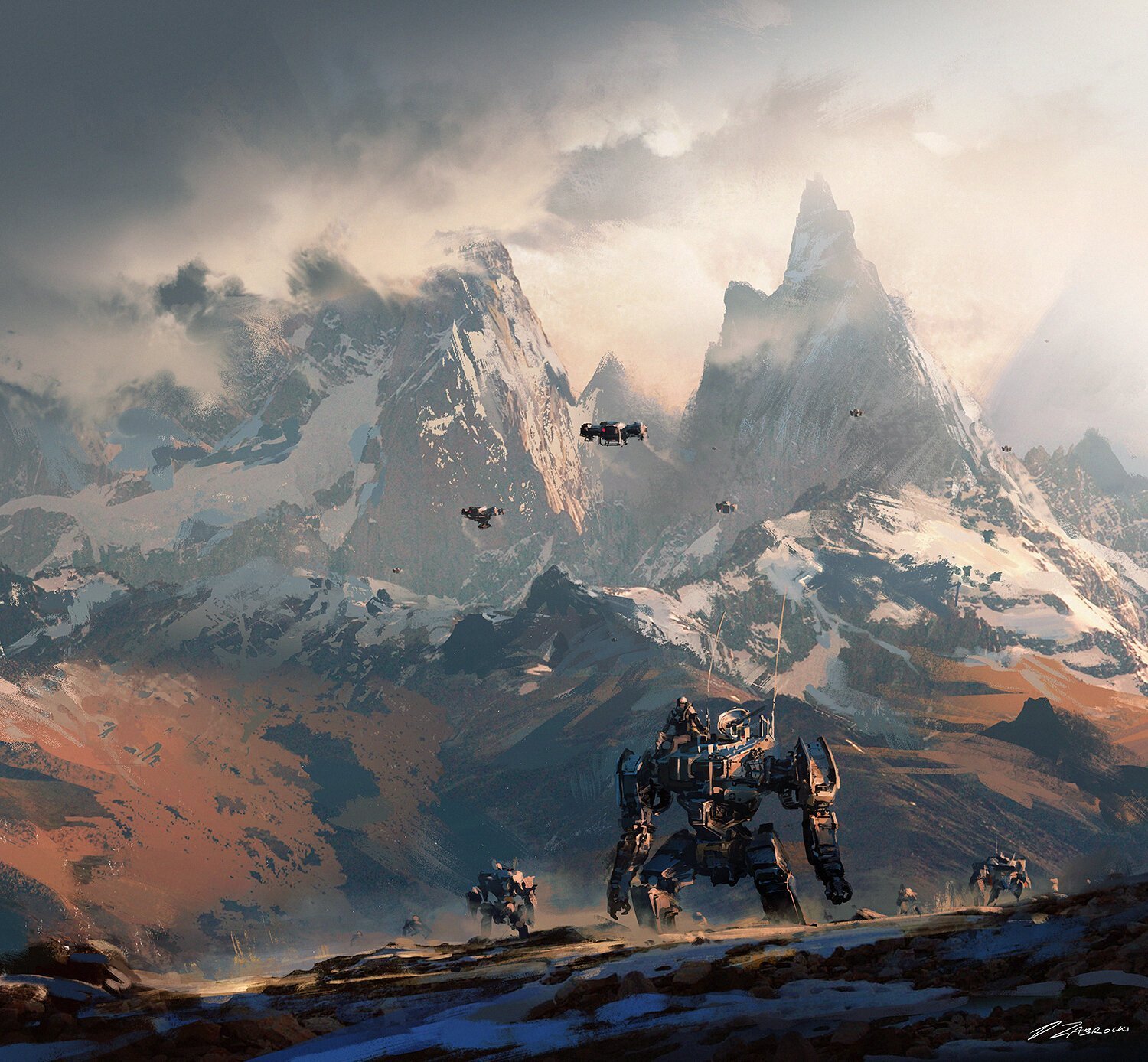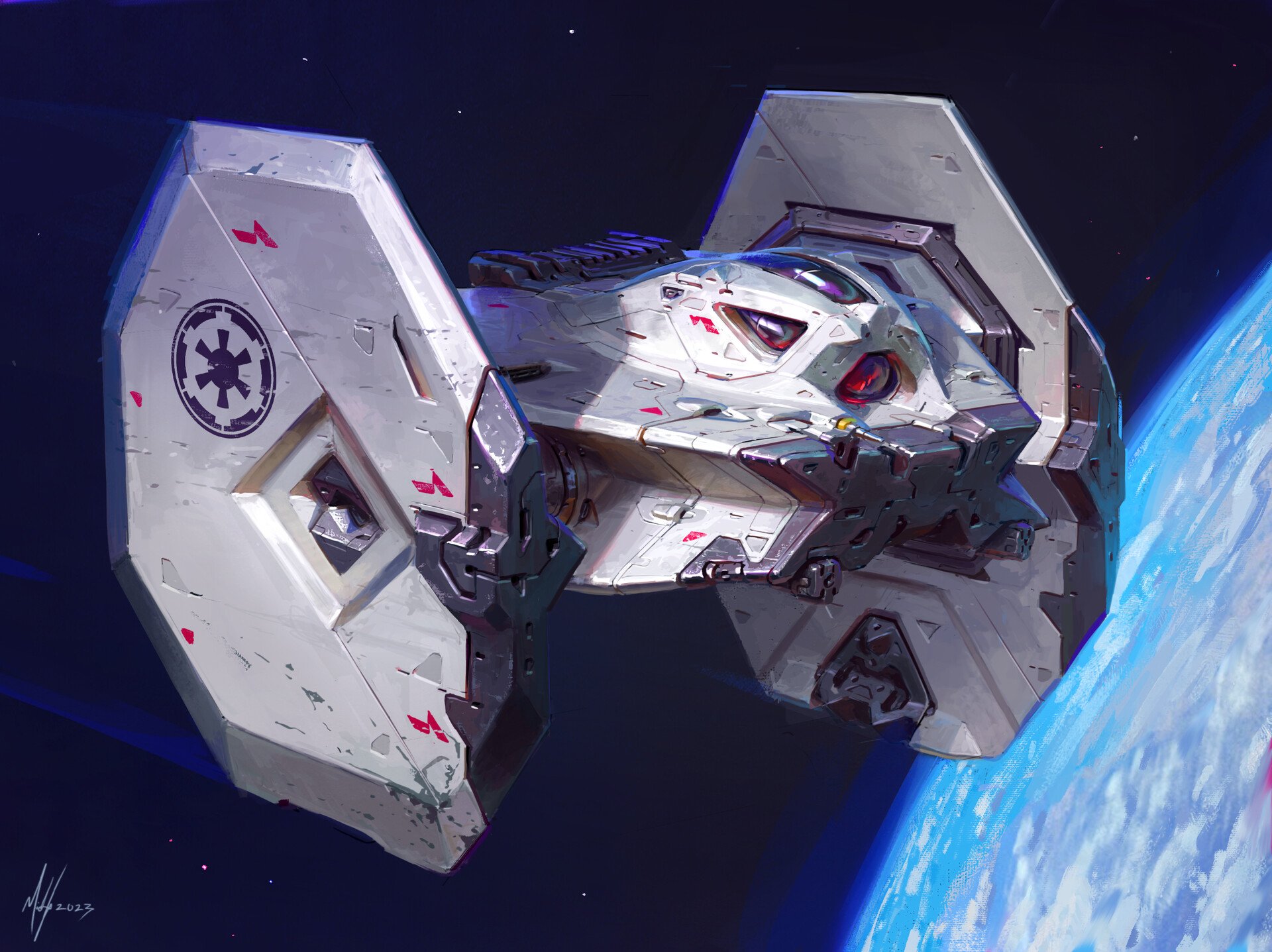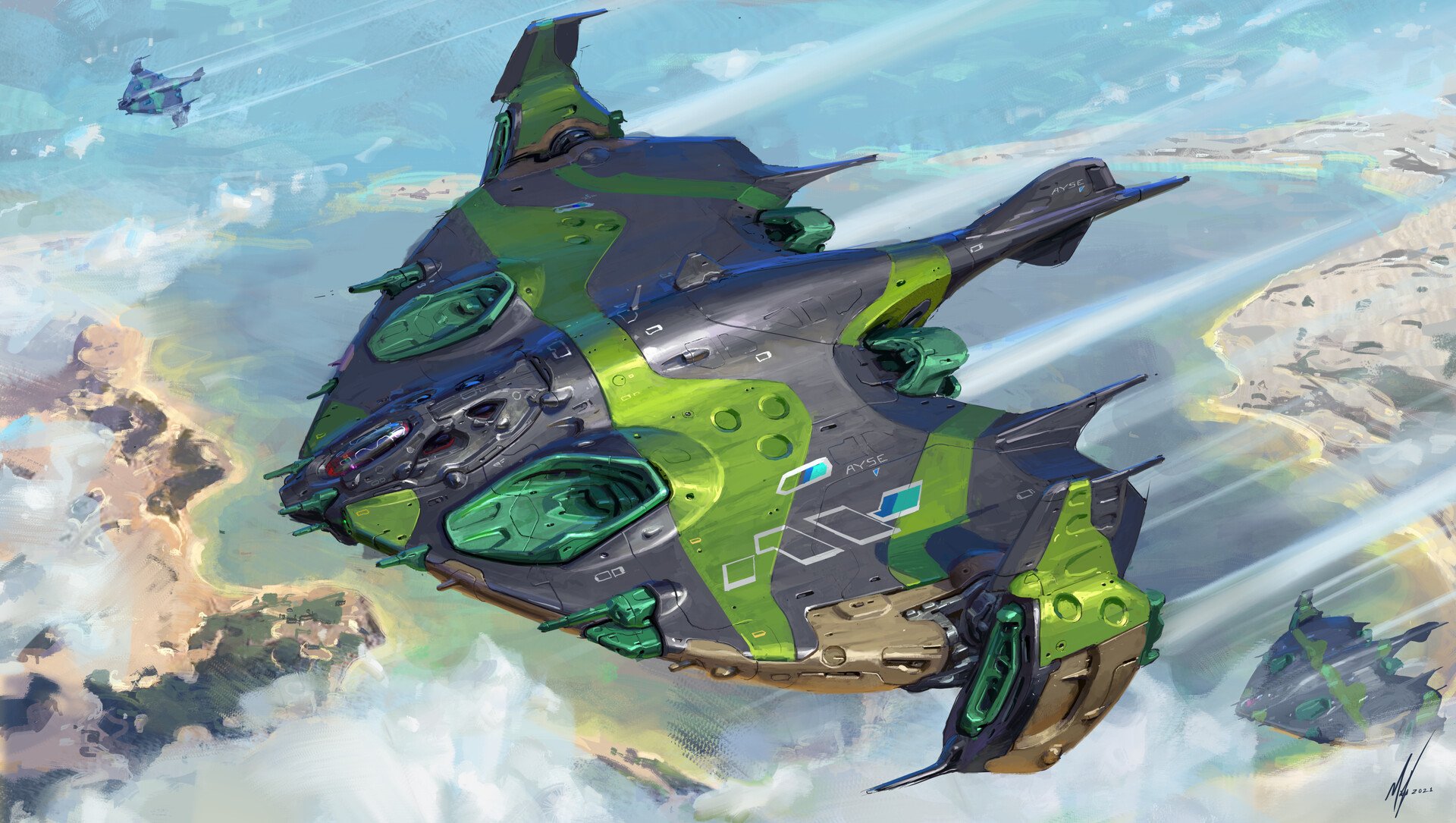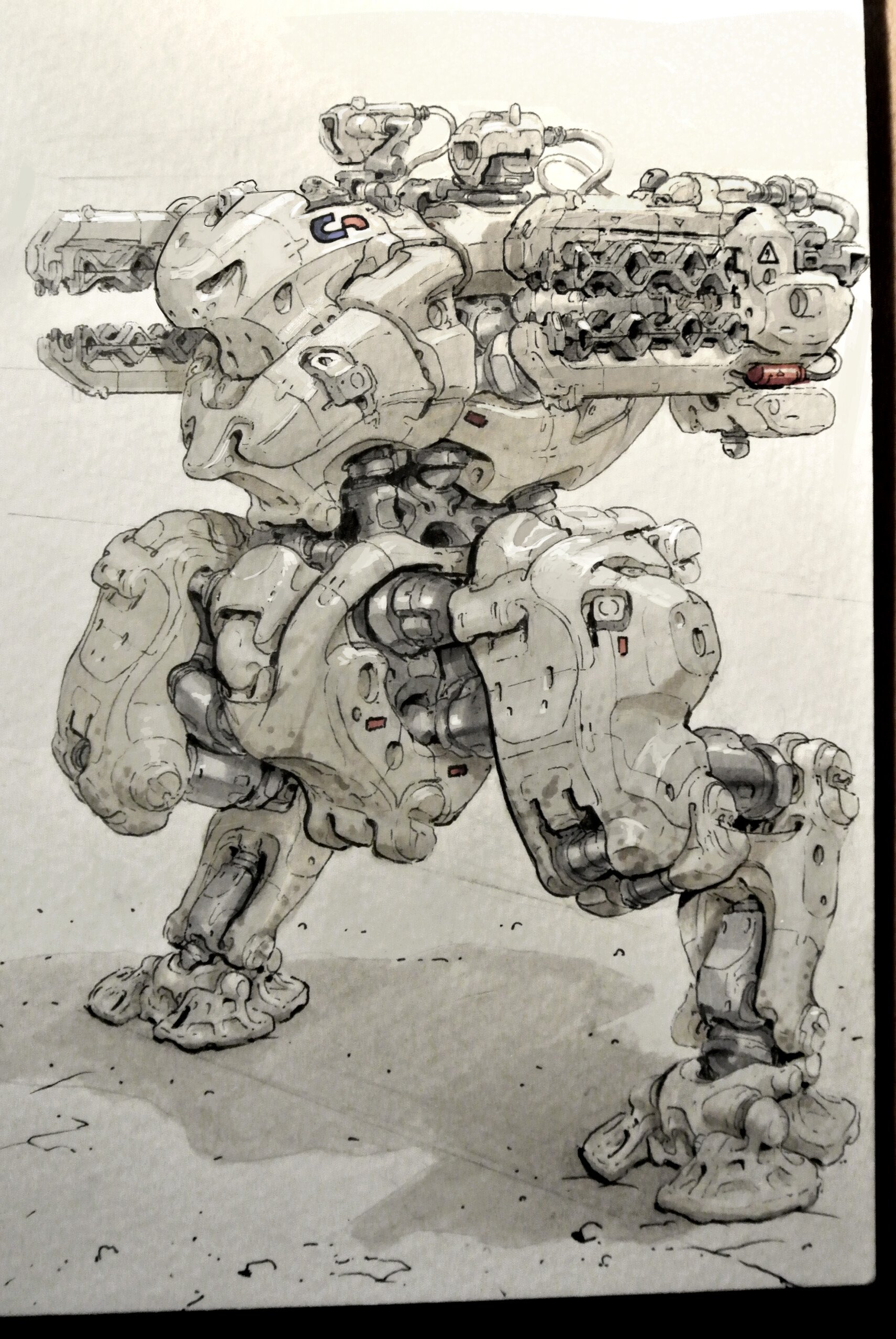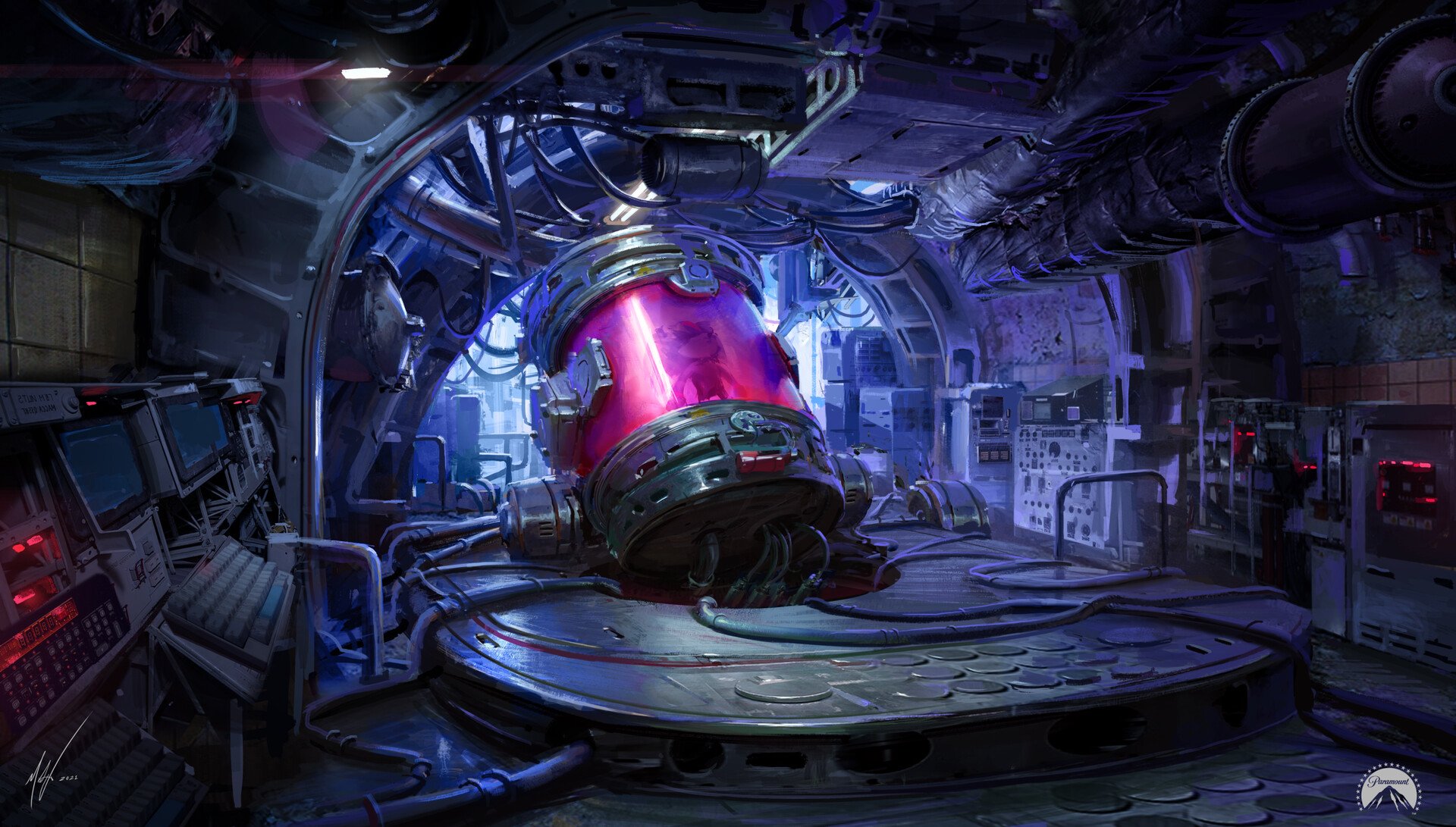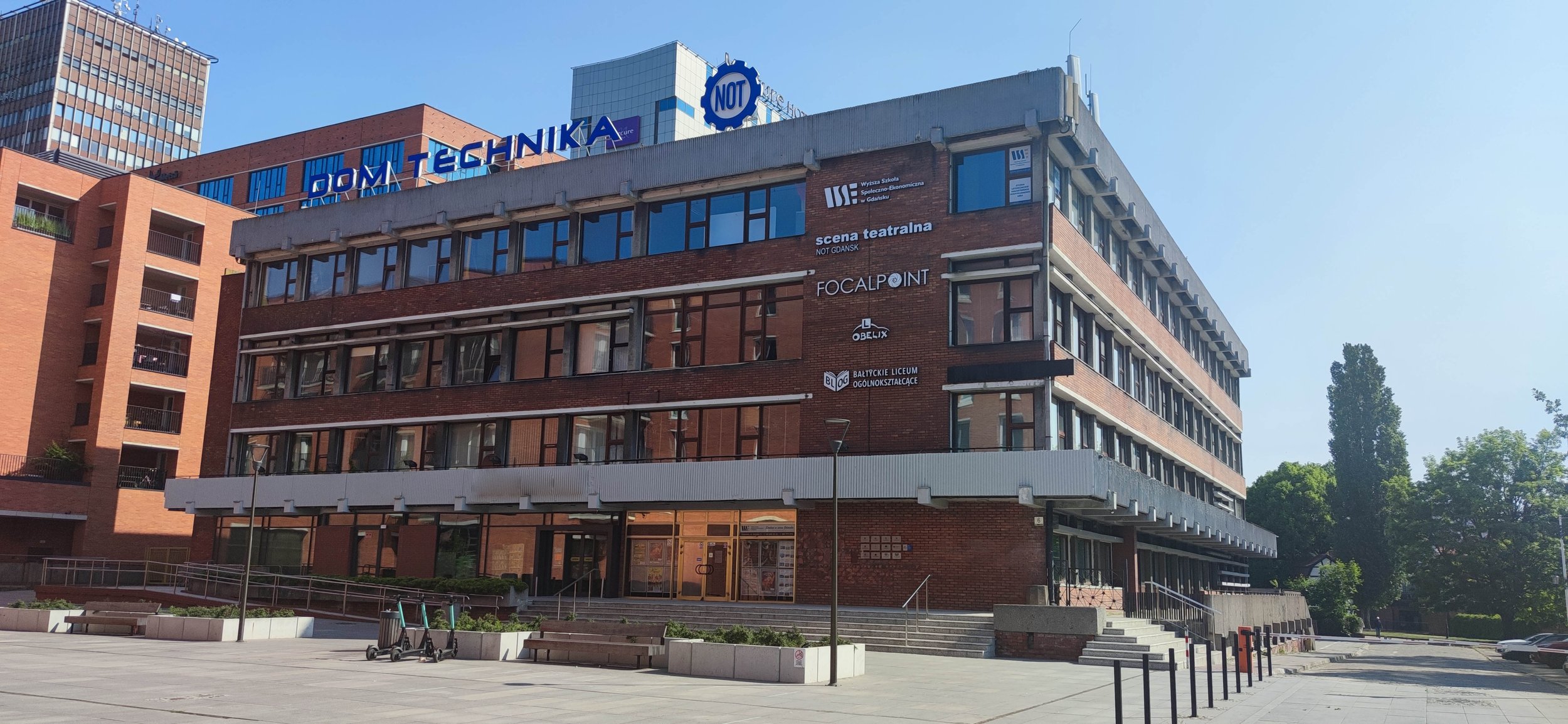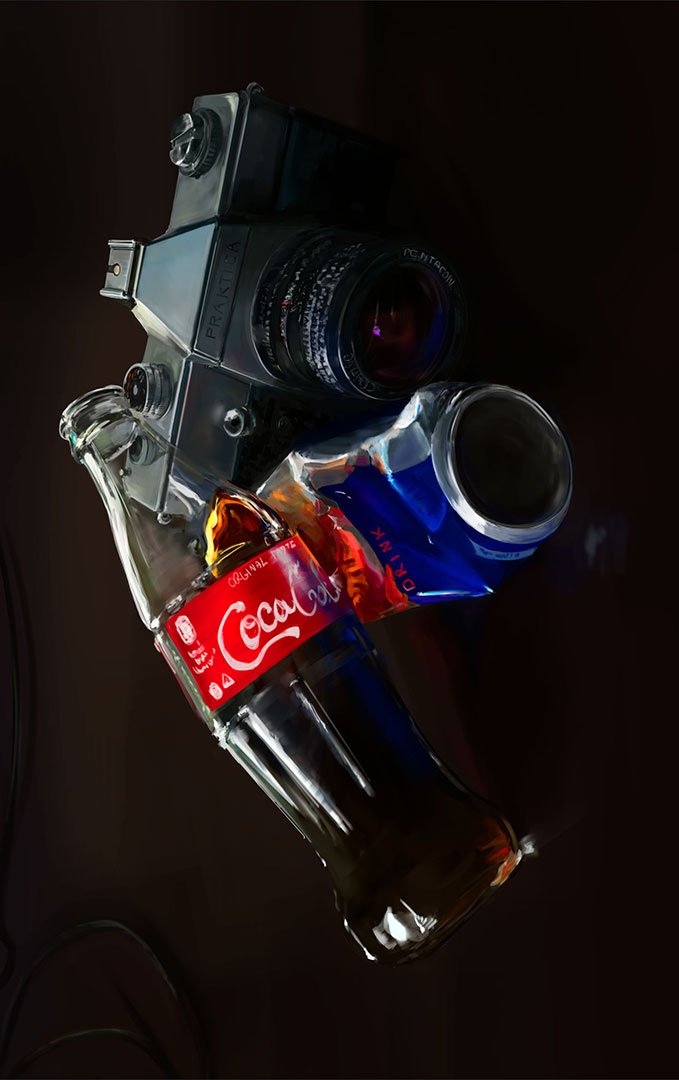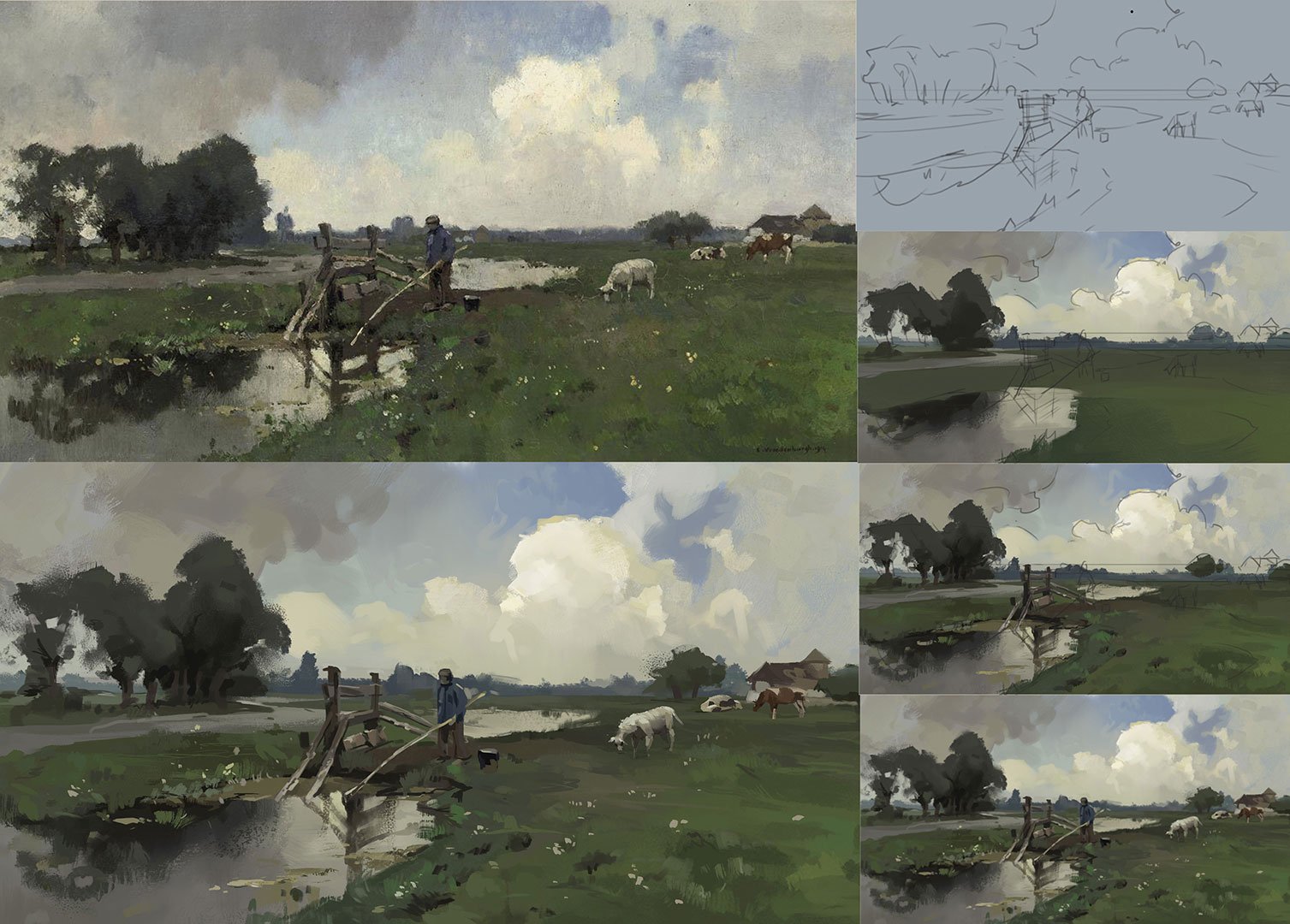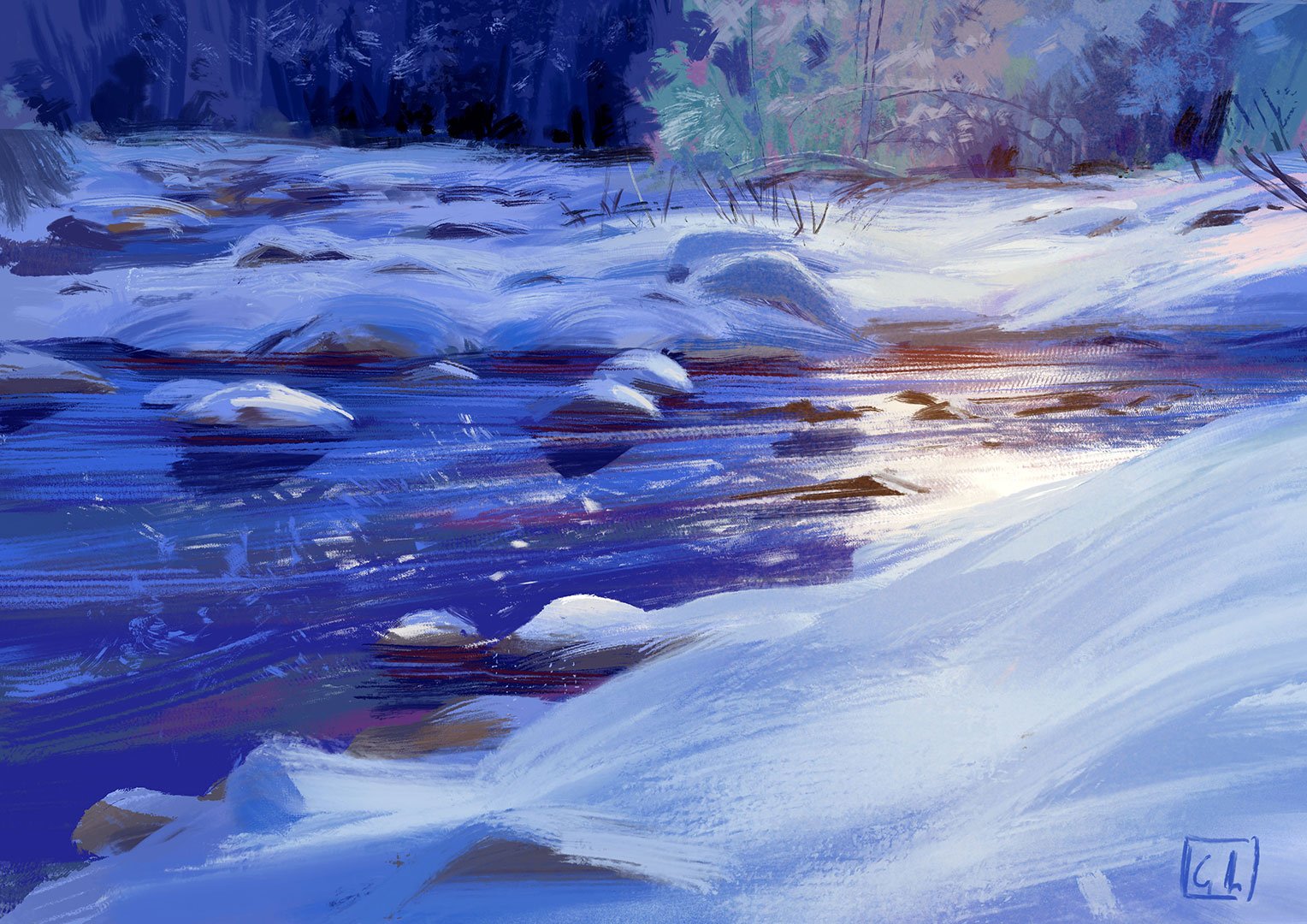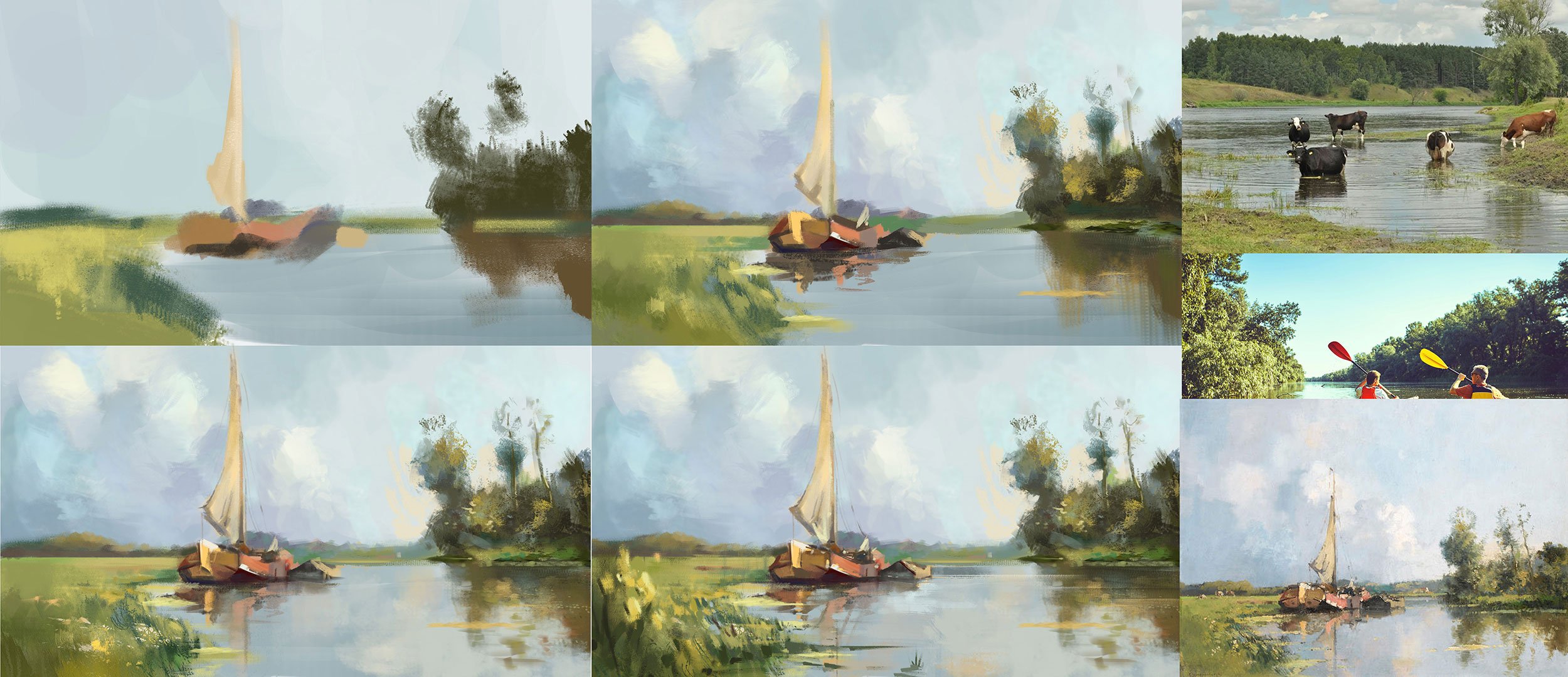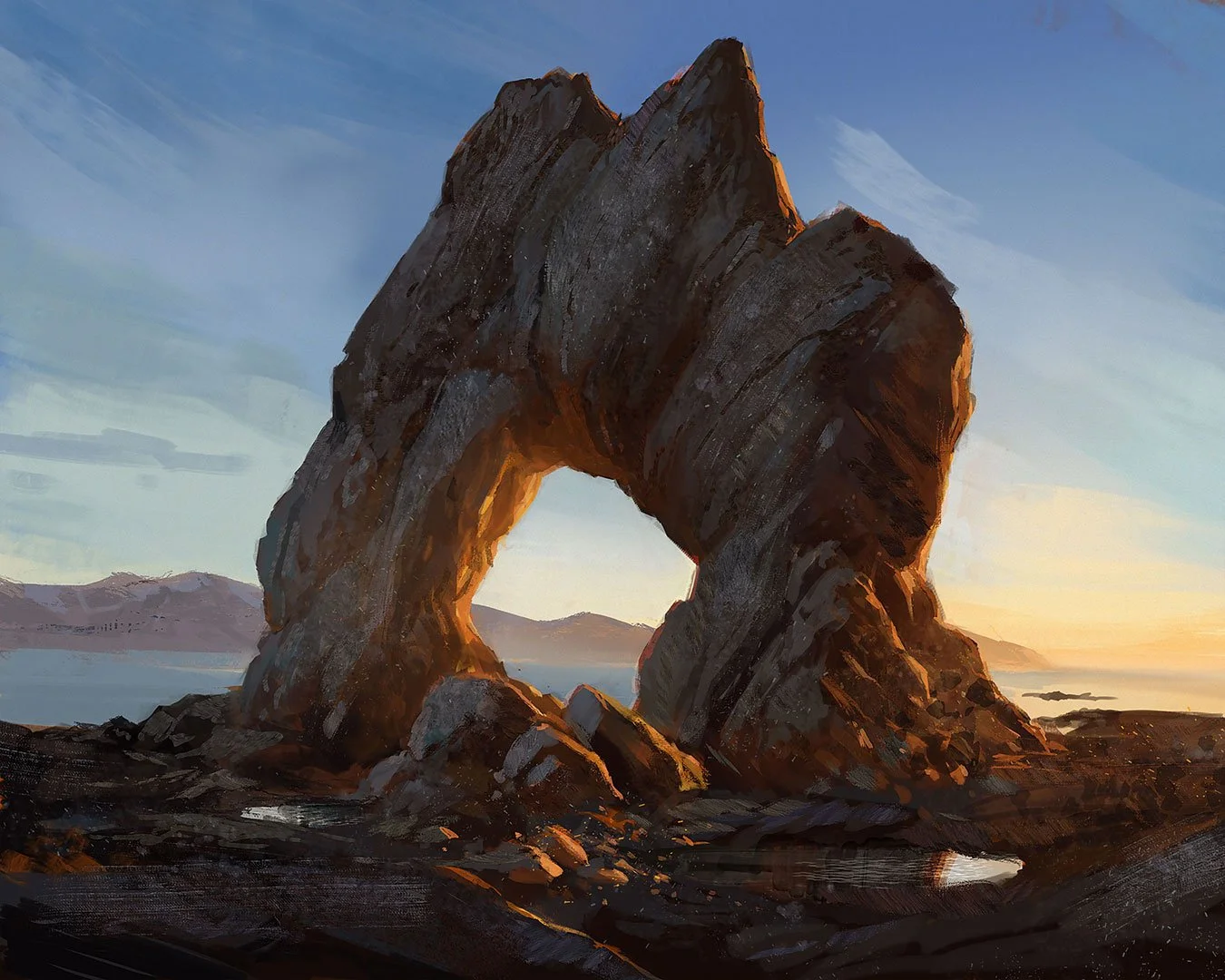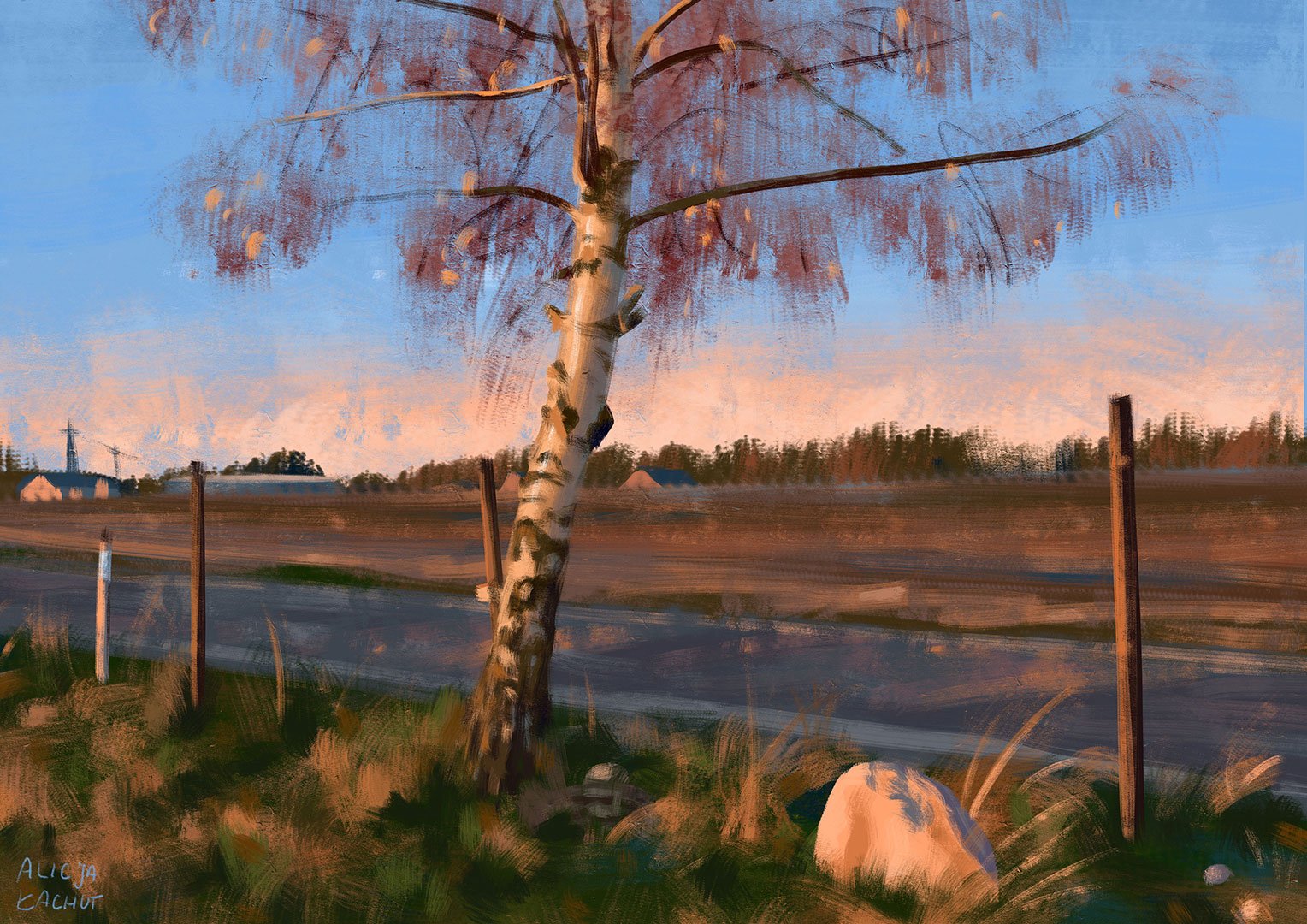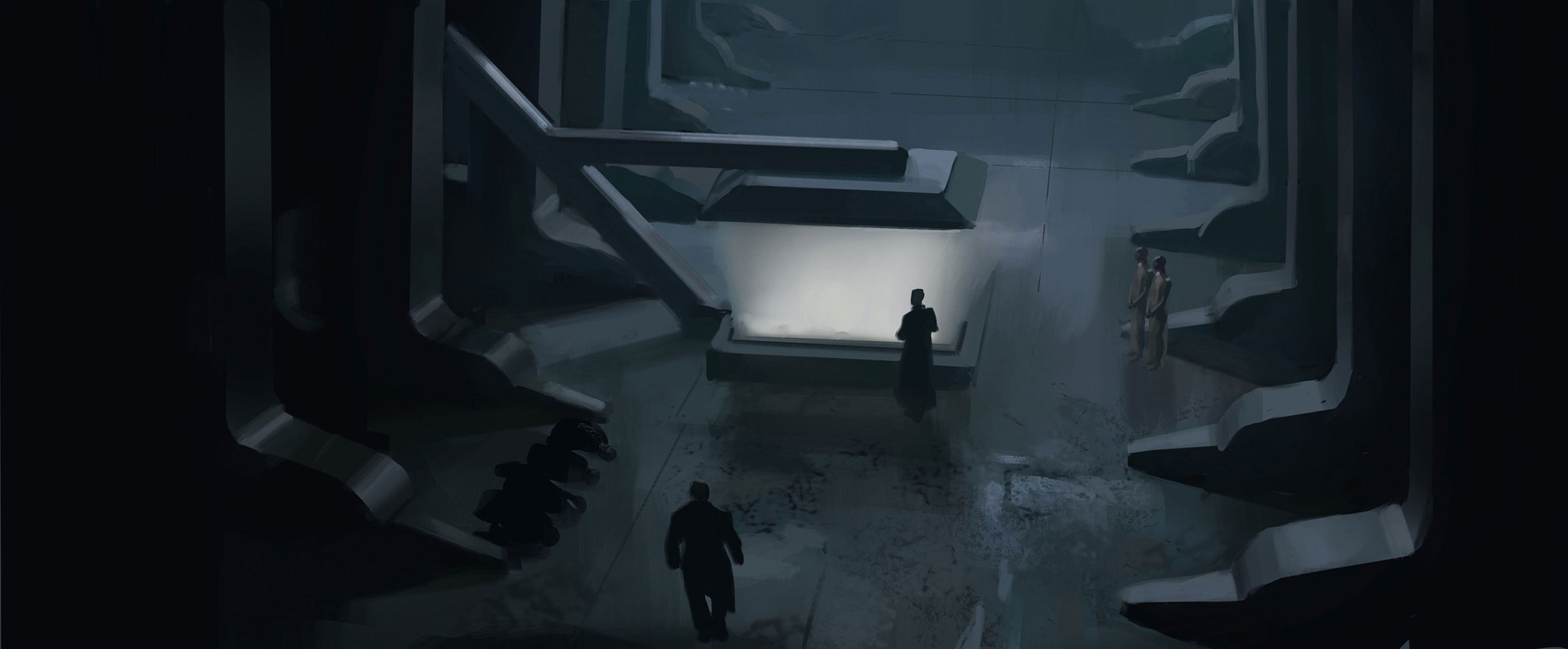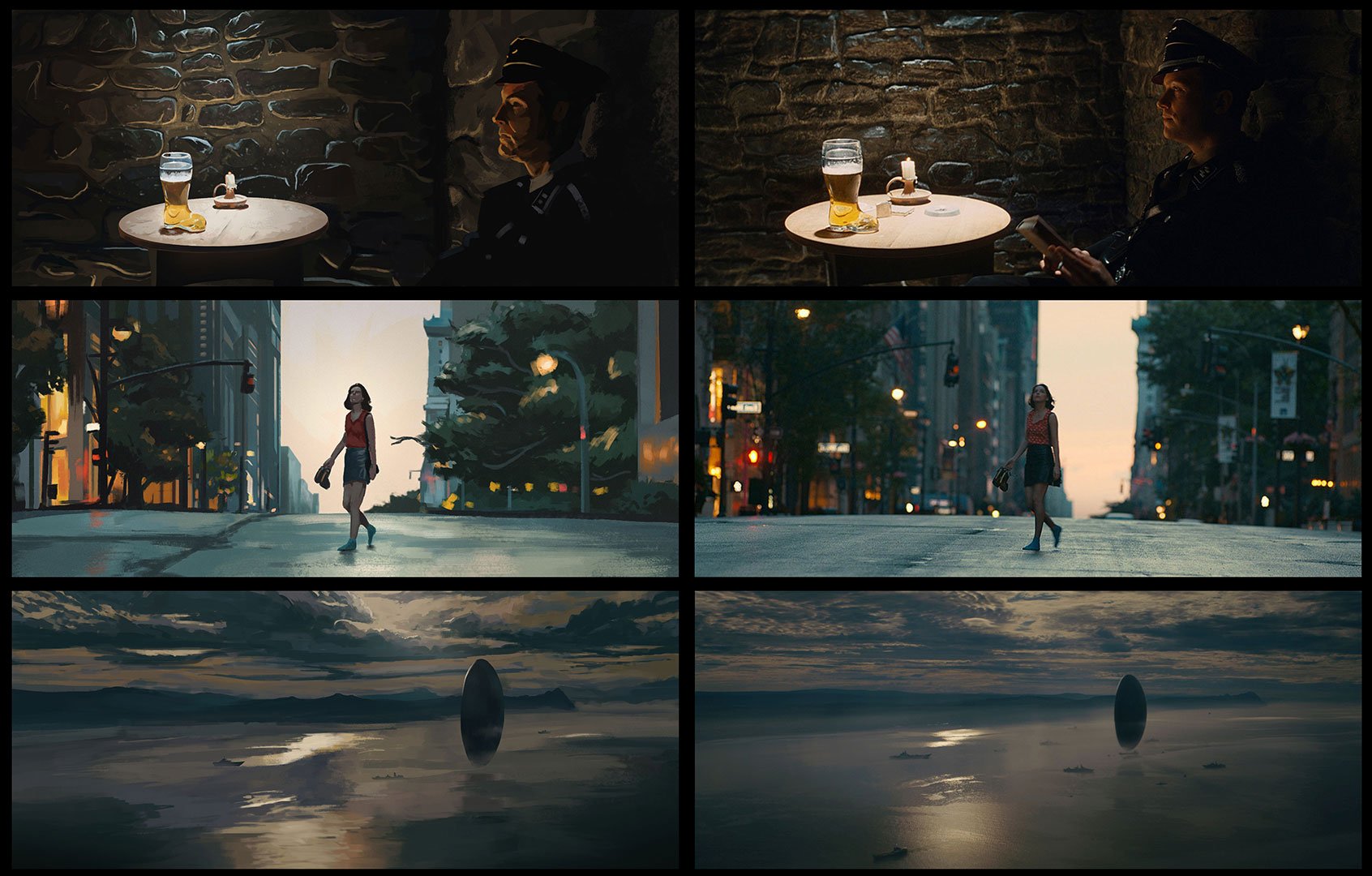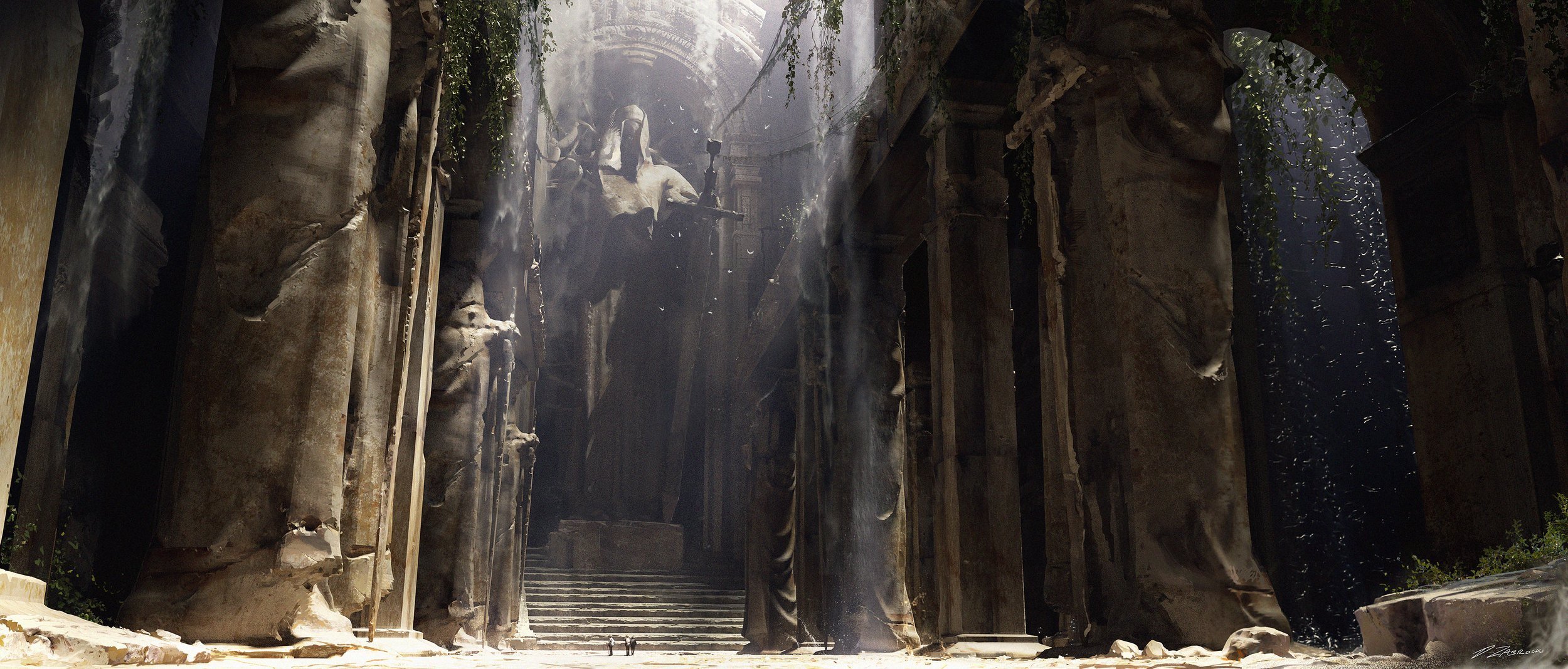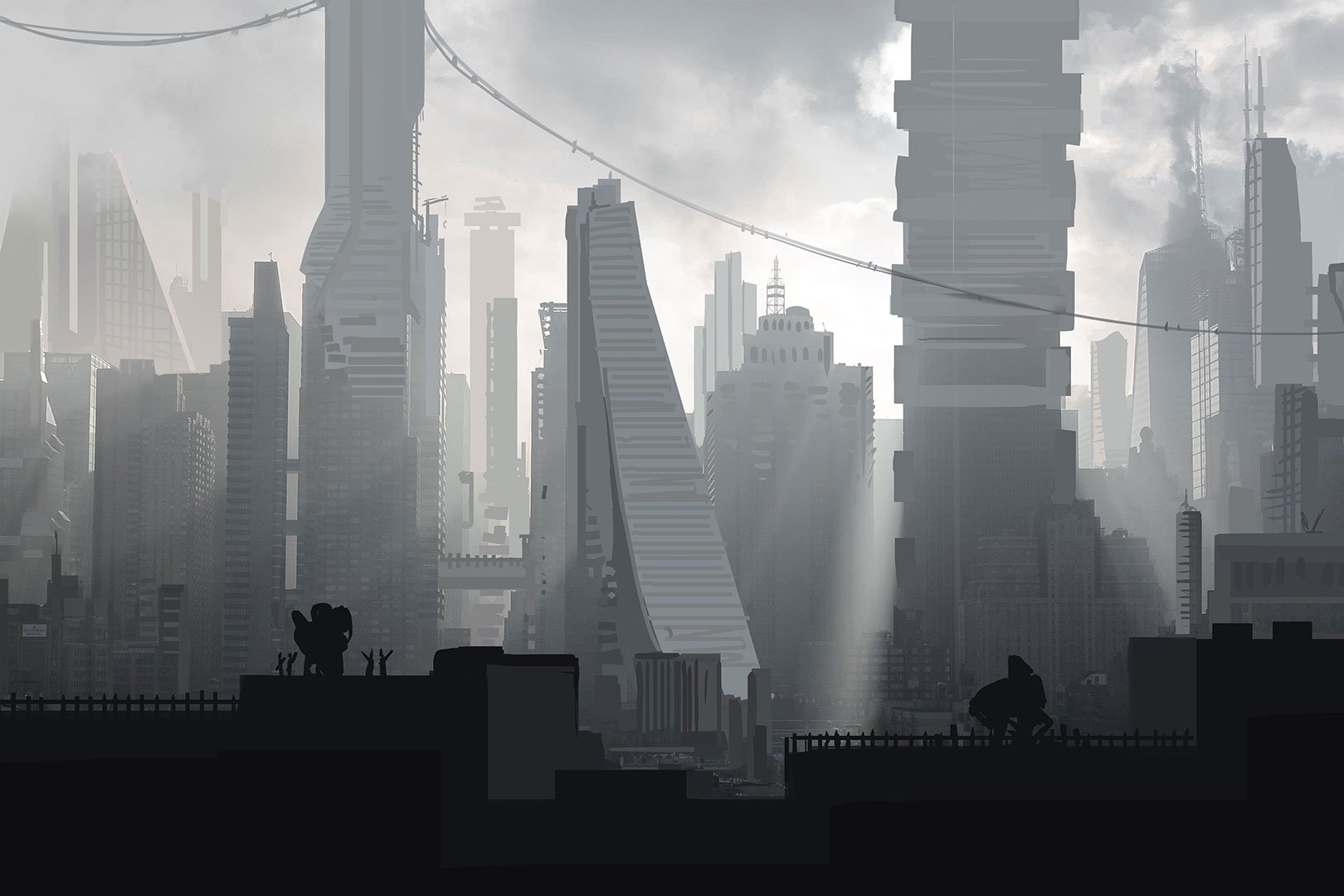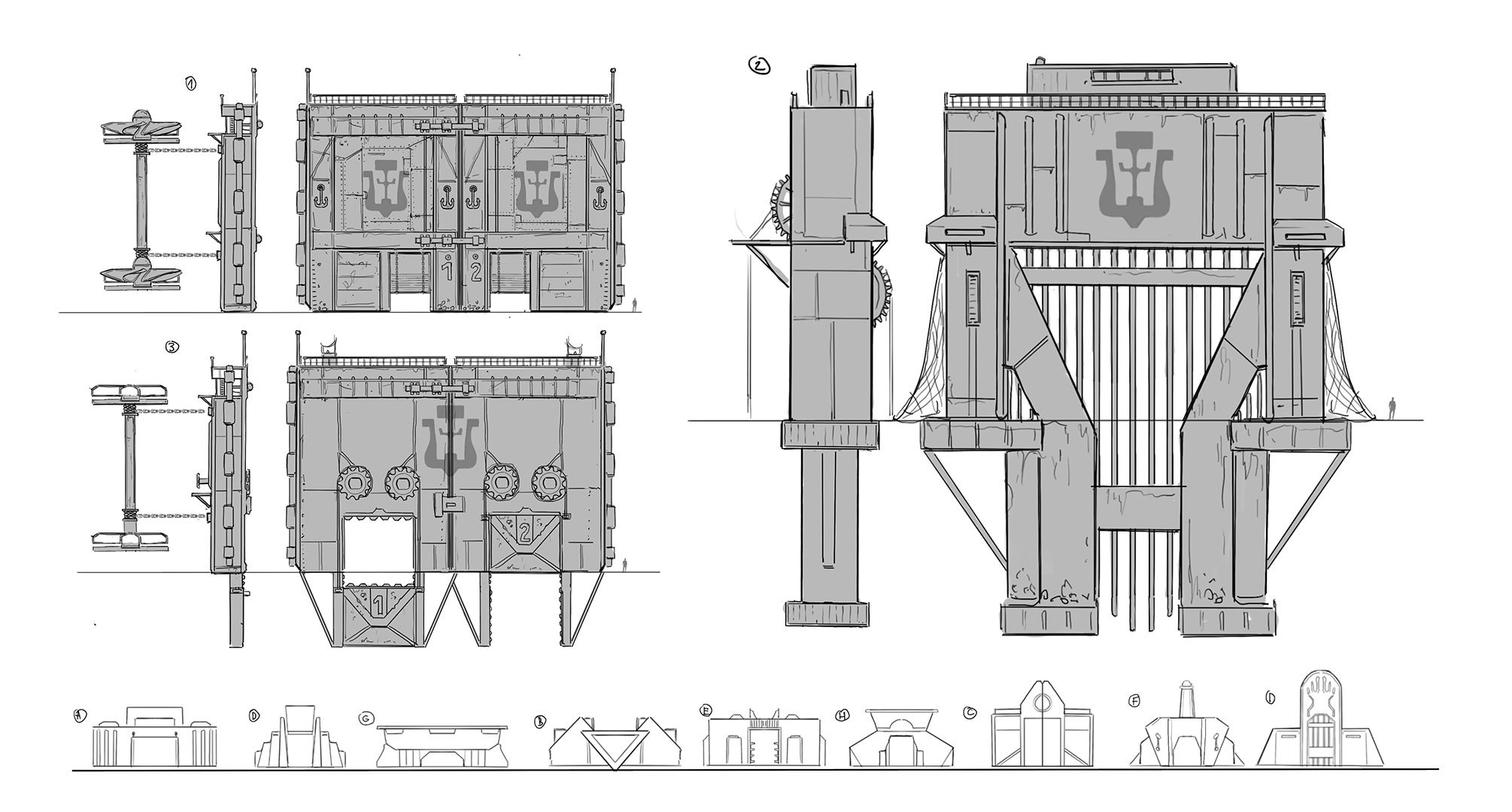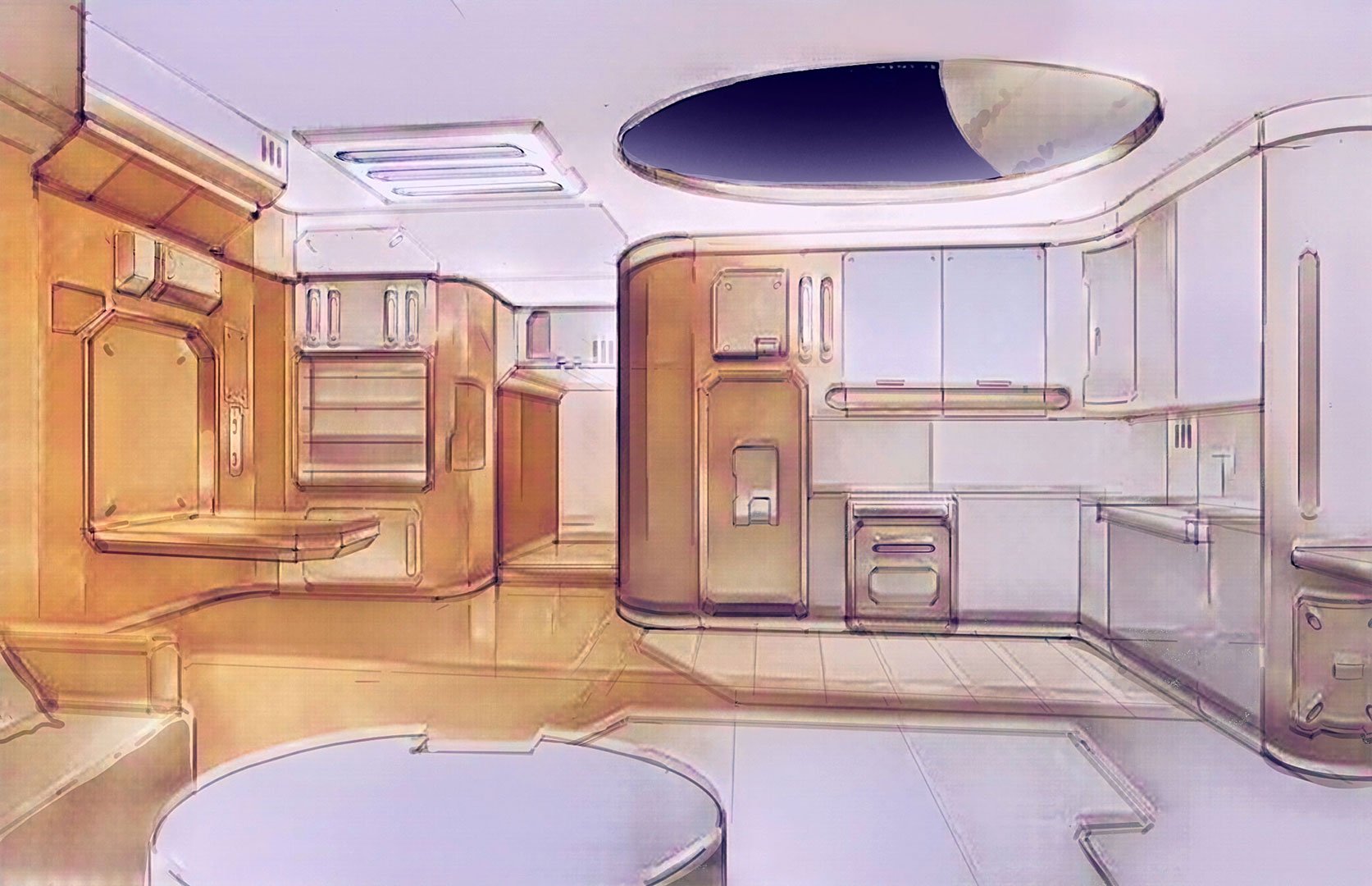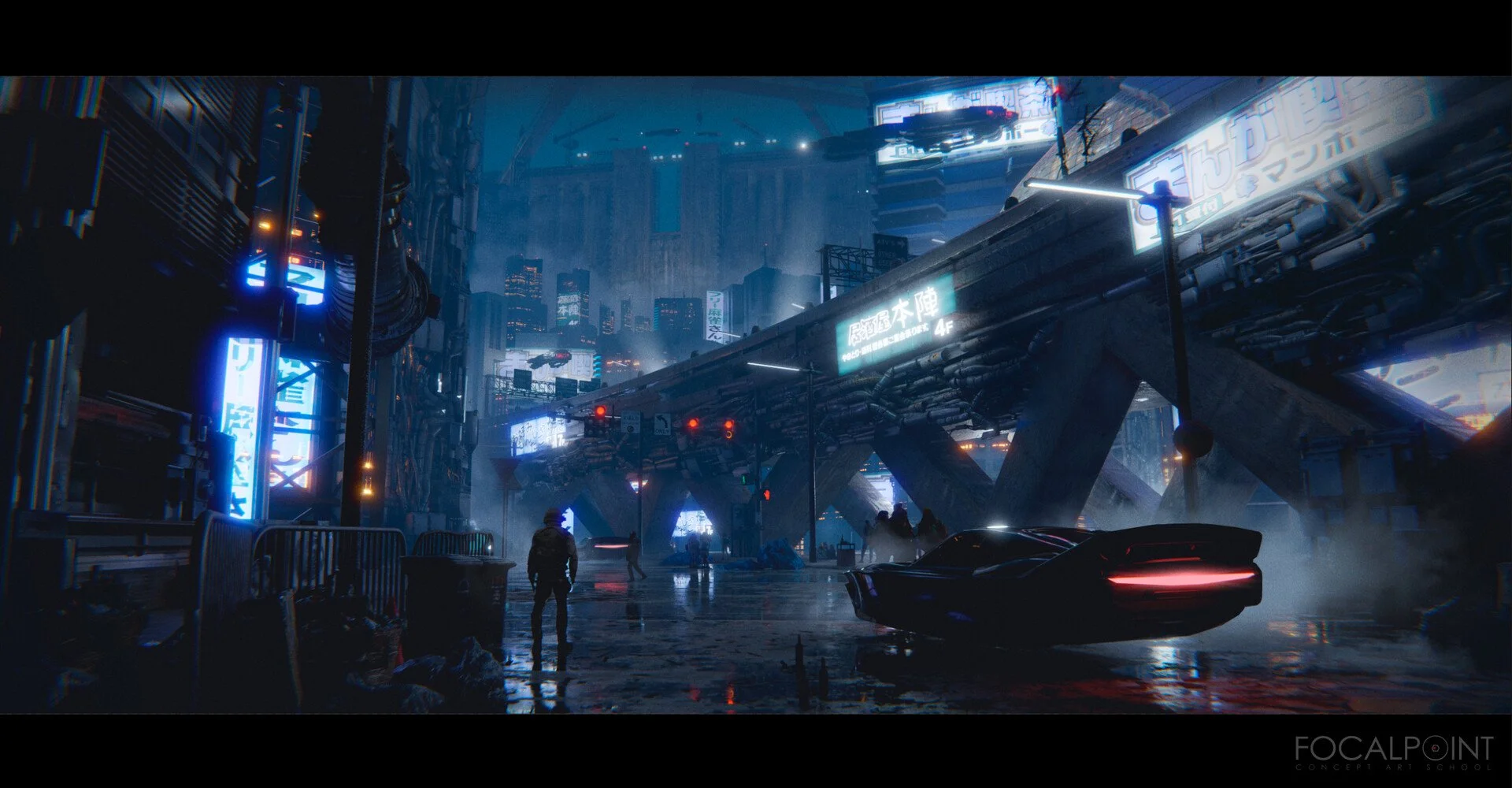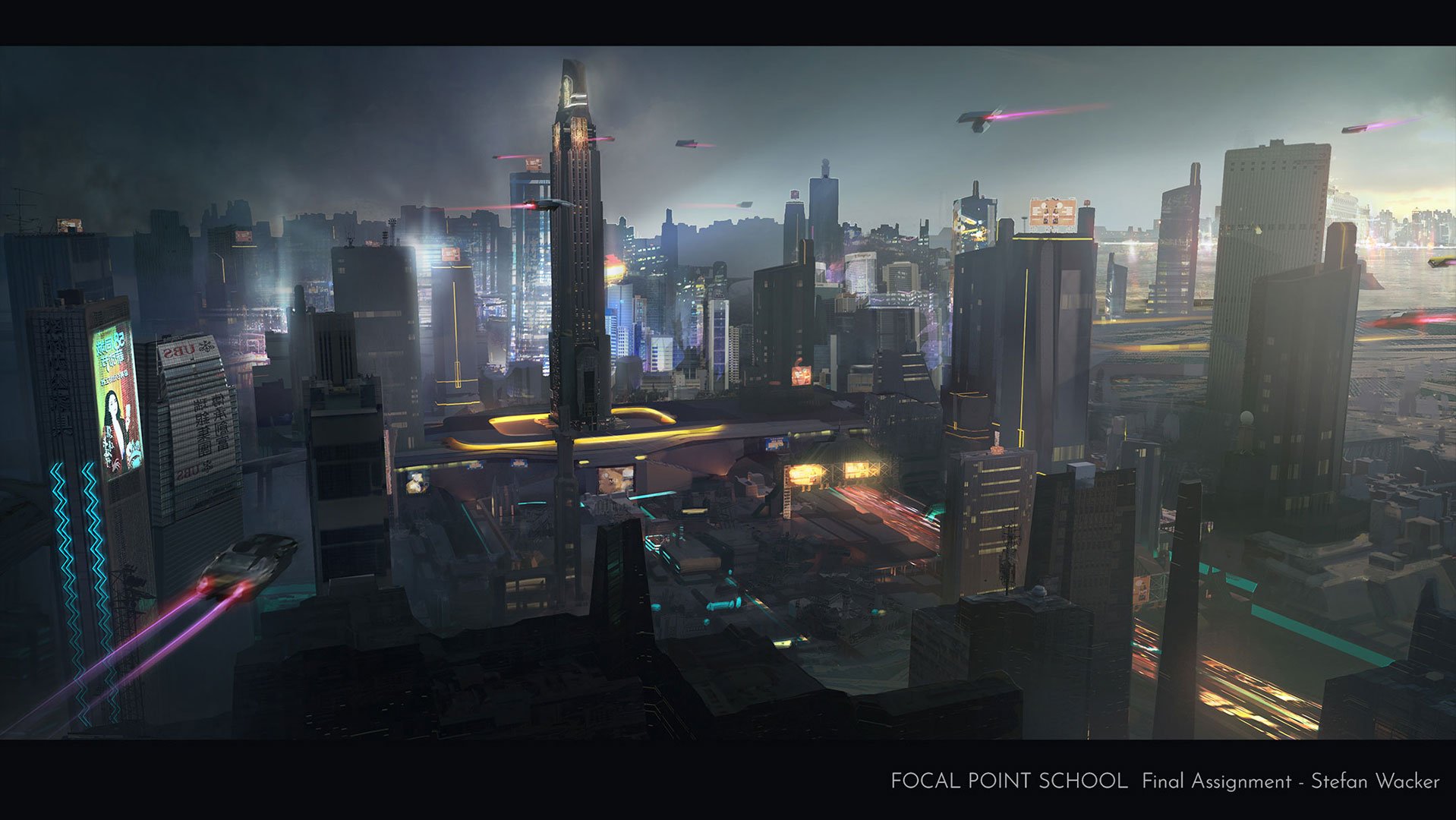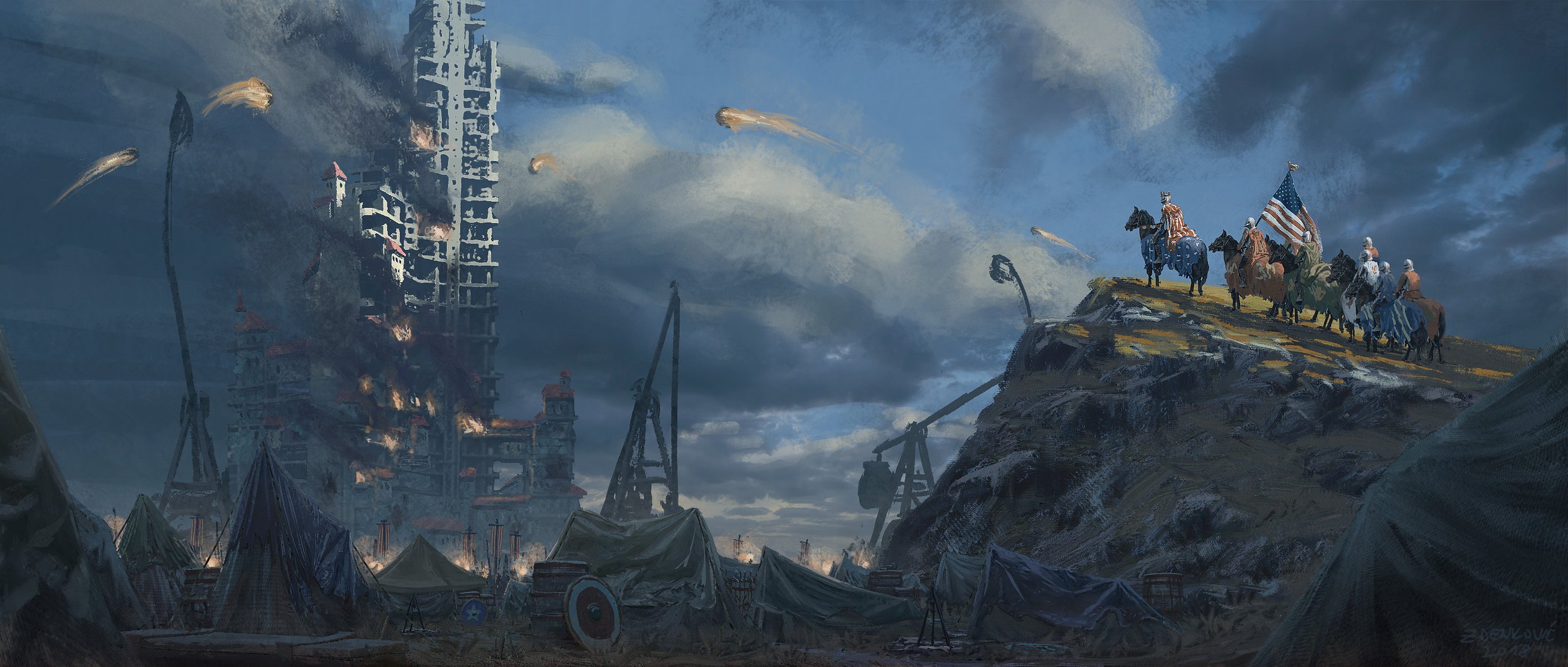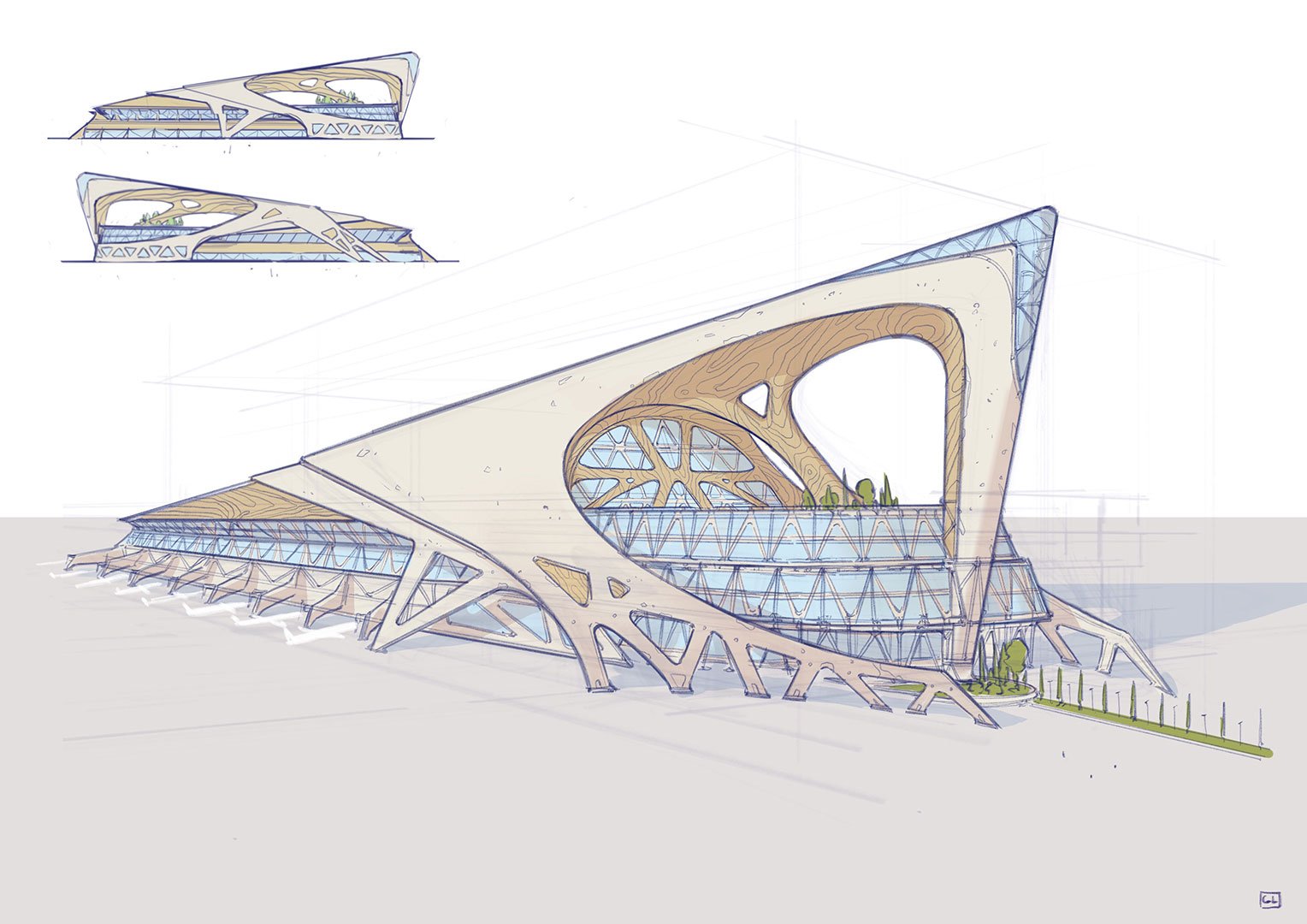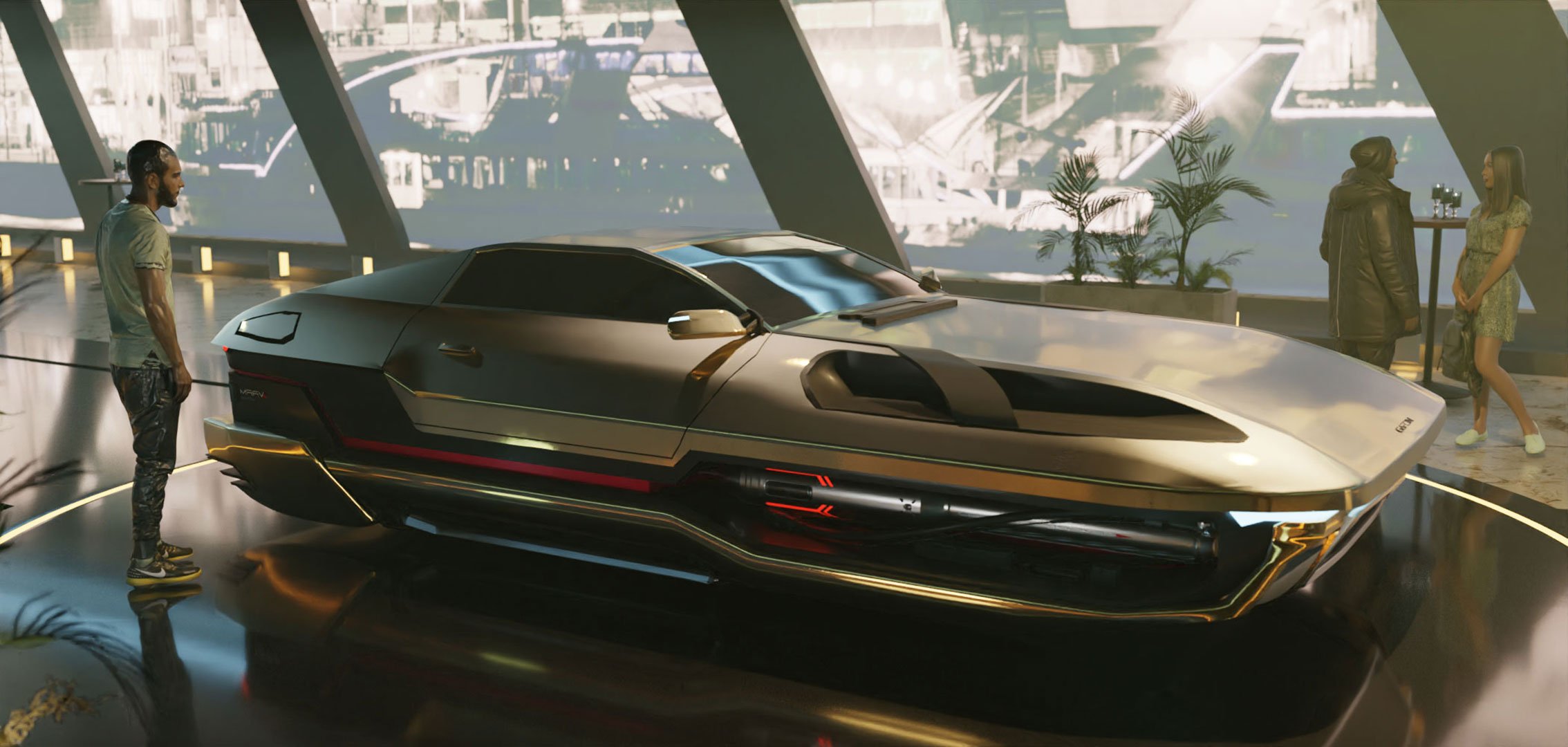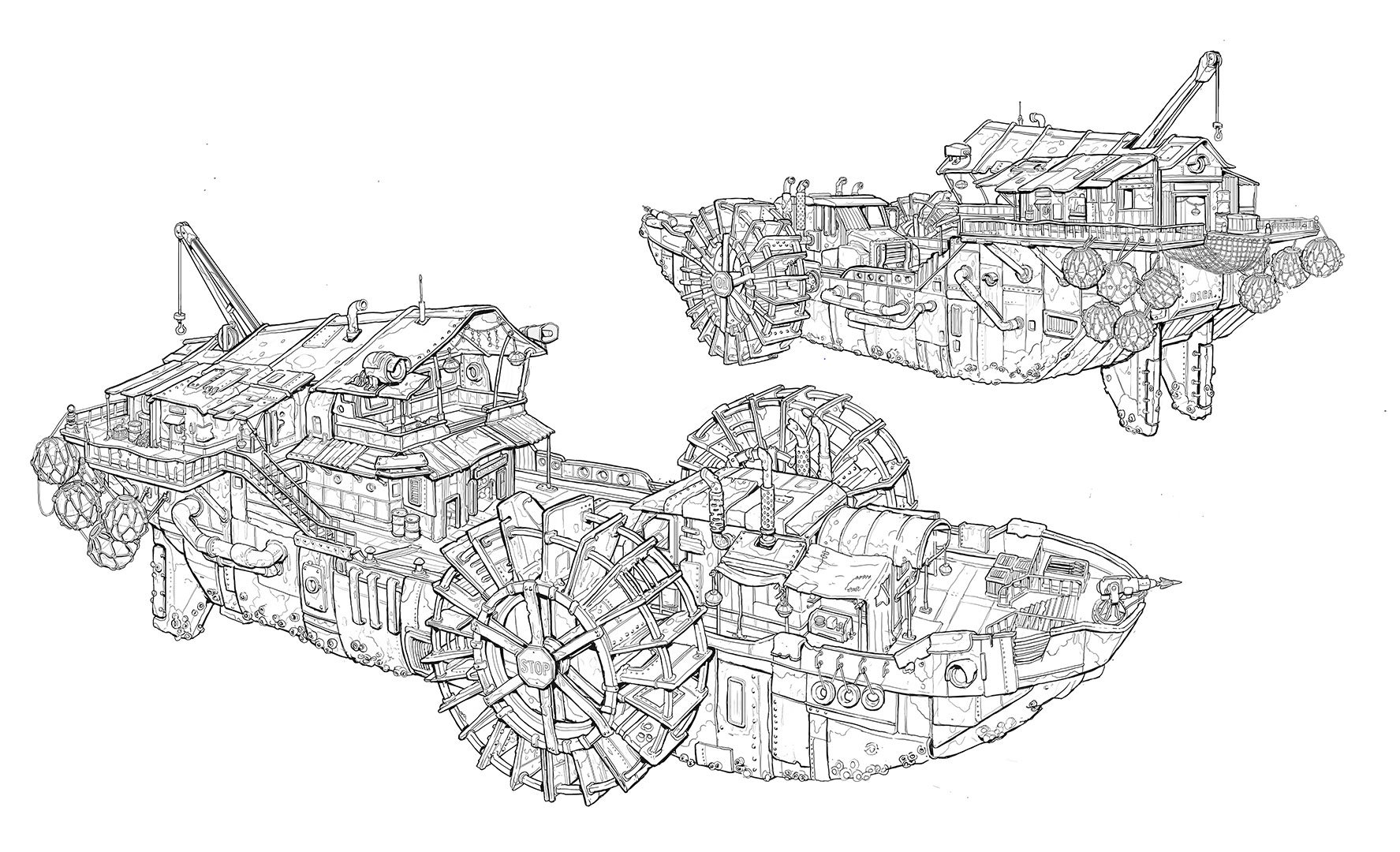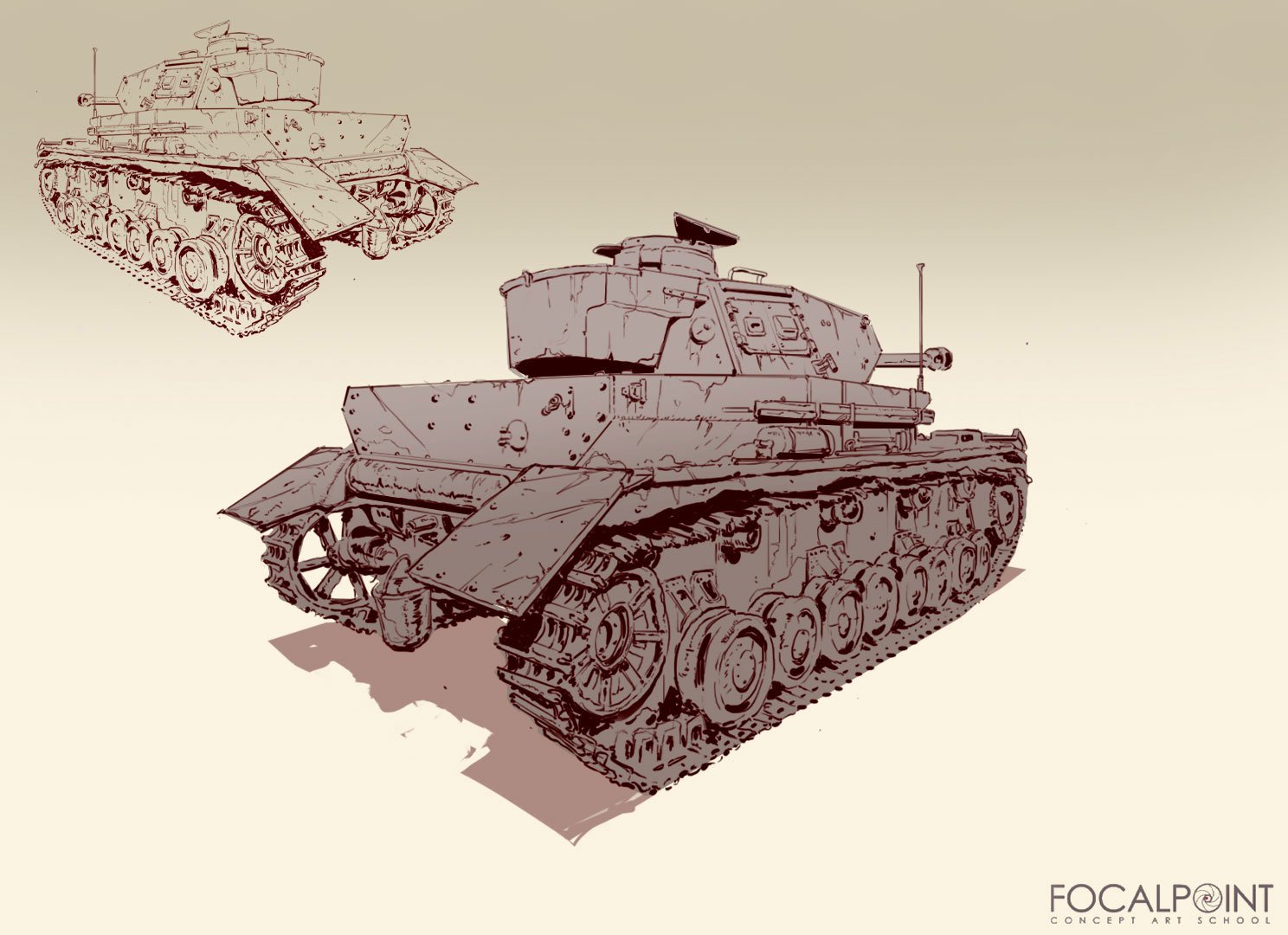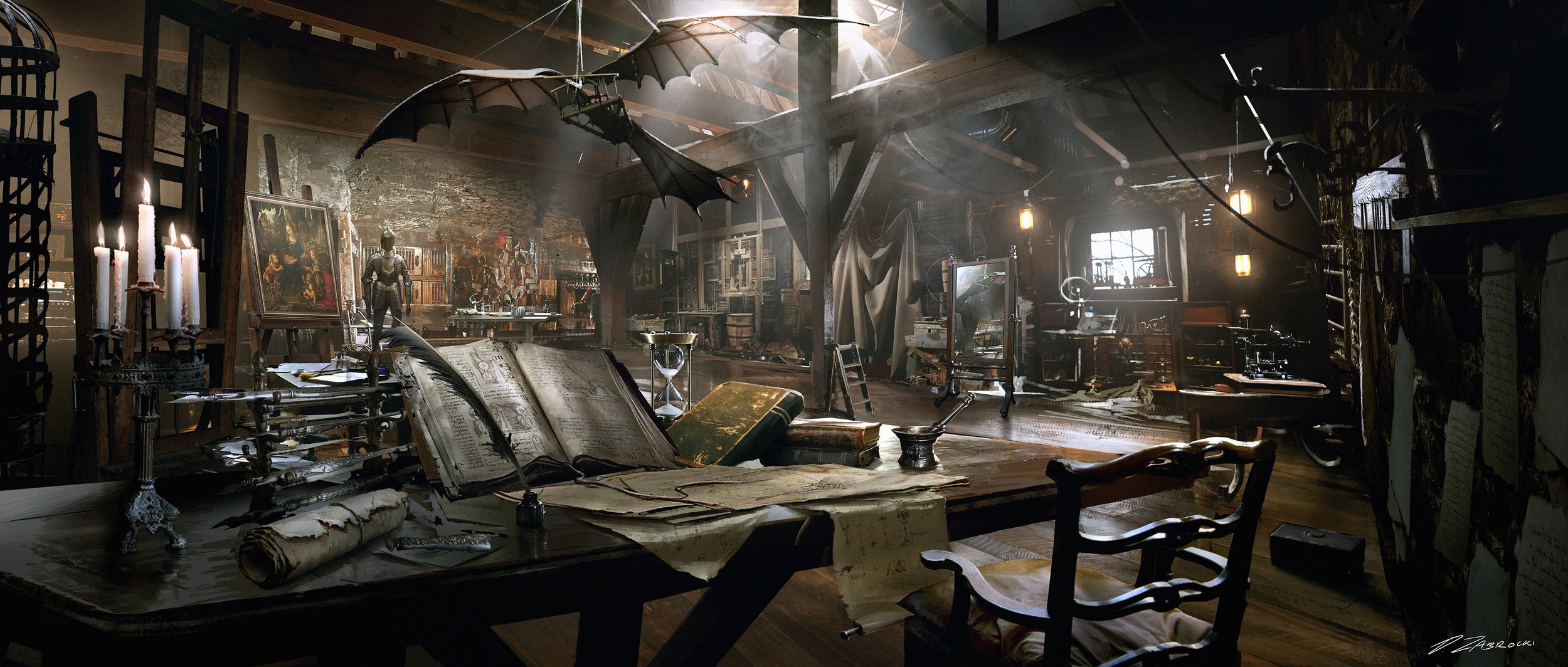
Full Advanced Term
| Time: | Friday - Sunday 2:00 pm - 5:00 pm CET |
| Class date: | 04.04.2025 or 17.10.2025 |
| Class length: | 8 weeks |
| Instructor: | Darek Zabrocki and Michał Kus |
| Location: | ON-SITE / ONLINE |
| Course type: | LIVE SESSIONS |
| Limited seats: | 15 |
Course description
This package includes all three advanced classes available at our school at a discounted fee. It provides the full intended program, which we have carefully structured, perfected, and updated from term to term.
Knowledge obtained in one class smoothly flows to the other and vice versa, providing the students with the full Focal Point Experience from both our founders, Darek Zabrocki and Michal Kus. Advanced Core Term will definitely allow you to gain knowledge, for you to enter and be in the industry on its standards.
Classes can be taken on–site or online, from every place that makes your learning comfortable and drives your creativity.
Taking the Advanced Core Term means you make the most out of it. Consists of the 3 Advanced classes.
Teachers
Darek has over ten years of professional experience as a concept designer. He’s worked on many significant film and game industry projects for clients like Disney, Netflix, Sony, and EA. Some franchises he contributed to include Planet of the Apes, Love Death +Robots, Assassin’s Creed, Call of Duty, Sonic, and many more.
Michał has over ten years of professional experience as a concept designer. Kus has worked on a variety of high-profile projects, including video games and blockbuster movies. Some of his recently published work can be seen in movies like Sonic 2 and Battlefield 2042.
Week to week - Brief schedule
-
Week 1 - calibration of skills of the students in class. Introduction to an array of topics to see how well students handle what they already know.
Week 2 - understanding shapes and materials. Working on the reinterpretation of reality and how to effectively understand the material definition. Working with provided references and analyzing the subject matter thoroughly. Resulting in understanding what we paint and render and not only blindly copying what we see.
Week 3 - understanding how light works. Advanced lectures and demos explaining how universal rules of light apply to materials. Working with provided references and references that students need to gather on their own.
Week 4 - studying samples from photos. working with reference actively and rendering, for example, the same scene with different lighting setups to further understand the relation between material definition and light.
Week 5 - working on the reinterpretation of reality. How to exaggerate certain aspects of our works in order to make them pop and stand out through the use of all the knowledge obtained so far.
Week 6 - analyzing how the old masters tackled their works and making studies, which will also cover many sub-topics in order to reach the highest level of our digital painting skills.
Week 7 - analyzing composition. Enabling the designer’s mind by working on our composition skills. Movies still from iconic cinemaa are studied and dissected to further develop our skills.
Week 8 - working on a final assignment. All the knowledge gathered will be applied. The students will have 3 weeks time after the end of the course to finish their final assignments. The goal is to have a solid piece that will be a valuable addition to your portfolio!
*Please note. Even though we adhere to a week-by-week structure for our class program, the course’s structure is subject to modification in order to calibrate and optimize the class to the students’ needs. This is to always actively work on the best possible knowledge channeling for our students.
-
Week 1 - calibration of skills of the students in class. Introduction to an array of topics to see how well students handle what they already know.
Week 2 - raising awareness of how architectural styles developed through different cultures and civilizations and how they developed through time. This is all lectured by introducing the students to a certain design task based on a brief provided.
Week 3 - 3D Techniques overview, understanding how to utilize tools (Photos, 3D, VR) for a strong, accurate and efficient workflow for environment design specifically.
Week 4 - industry standard briefing with a big emphasis on applying knowledge from previous weeks eg. developing fidelity in your own work by understanding how architectural design works in the real world. This task will be developed throughout the course to complete the portfolio-ready project.
Week 5 - grasping all the knowledge gathered so far and working further on the design task with advanced guidance from your instructor. Introducing topics specifically corresponding with the given design task.
Week 6 - active interaction between Instructor who is demoing new topics and techniques by explaining design philosophies and applying it to the ongoing project
Week 7 - working towards being able to understand design philosophy on multiple tiers. Example: Explaining the function of an individual building, including its interior and layout versus how to tackle the consistent design style of a whole city.
Week 8 - working on a final assignment. All the knowledge gathered will be applied. The students will have 3 weeks time after the end of the course to finish their final assignments. The goal is to have a solid piece that will be a valuable addition to your portfolio!
*Please note. Even though we adhere to a week-by-week structure for our class program, the course’s structure is subject to modification in order to calibrate and optimize the class to the students’ needs. This is to always actively work on the best possible knowledge channeling for our students.
-
Week 1 - calibration of skills of the students in class. Introduction to an array of topics to see how well students handle what they already know.
Week 2 - working in perspective on man-made vehicles. Thought process of why and how certain shapes are taking place within a vehicular design and digesting proportions and its universal rules.
Week 3 - working on how to apply references. Developing fidelity in your own work by understanding how hardware and vehicle designs work in the real world.
Week 4 - raising awareness of how mechanical design styles developed through different cultures and civilizations and how they developed through time. Understanding how vehicles and hardware designs are impacted by the environment they operate in. This is all lectured by introducing the students to a certain design task based on a brief provided.
Week 5 - grasp all the knowledge gathered so far and work further on the design task with advanced guidance from your instructor. Introducing topics specifically corresponding with the given design task.
Week 6 - working not only with strong fundamental skills but also understanding how to utilize tools like Blender and Eevee for a strong, accurate, and efficient workflow for vehicles and hardware specifically.
Week 7 - working towards being able to understand design philosophy on multiple tiers. Example: Explaining a function on a vehicle whose shape is fully impacted by its function VS, how certain vehicles and hardware designs prioritize the aesthetical aspect, and how to design something that has a balance of both of these factors.
Week 8 - working on a final assignment. All the knowledge gathered will be applied. The students will have 3 weeks time after the end of the course to finish their final assignments. The goal is to have a solid piece that will be a valuable addition to your portfolio!
*Please note. Even though we adhere to a week-by-week structure for our class program, the course’s structure is subject to modification in order to calibrate and optimize the class to the students’ needs. This is to always actively work on the best possible knowledge channeling for our students.
-
Package of all “Advanced” classes:
The unique opportunity to learn from the mistakes of your veteran instructor which took years to realize. Students get a serious head-start because of this. Art Guidance and unique opportunity to witness live demos in making by industry professionals, Darek Zabrocki and Michał Kus. Development of several high industry standard portfolio pieces.
Advanced Digital Painting:
- Development of several high industry standard portfolio pieces.
- Understanding colors and perspective.
- Using an array of techniques like photobashing through the understanding of fundamentals in order to make paintings ready for the entertainment industry.
- Understanding of visual communication, materials, and how light reacts to them.
- Composition, elements arrangement, and thumbnail sketching.
- Applying knowledge in an effective and logical manner from studies made during classes.
- Building a strong foundation for concept art and illustration
- Landscape studies.
- Studying the old masters.
- Developing our fundamental art skills through logic and artistic reinterpretation to help forge your own style.
- Working on the perception of how certain designs can be visualized in the best way.
- Homework that improves You in every way, week to week.
- Learning the arrangement of elements is put together in such a way to form a harmonious whole.
- Recreating game designs.Advanced Environment Design:
- Mastering designing environments.
- Understanding the architectural styles and incorporating them into designs.
- High-level designs of real locations.
- Creating "believable" locations.
- How light behaves and how it affects the environment.
- Advanced 2D/3D techniques.
- Working on high-level concepts.
- Design on individual architectural pieces vs how design works as a layout.Advanced Hardware Design:
- Mastering hardware design and 2D skills.
- Drawing and understanding complex shapes in perspective.
- Advanced 2D/3D techniques.
- Understanding the basics of mechanical engineering vs aesthetical designing.
- Advanced drawing techniques to effectively communicate your hardware designs.
- How light behaves on vehicles and how it affects the materials on hardware and vehicles.
- Keeping the main shape grounded and learning how to effectively and quickly distribute detail according to the overall design philosophy. -
Dedication and passion for concept design and illustration.
Discipline to fulfill homework.
Equipment – laptop or tablet, Photoshop or some other 2D graphics program (and knowledge of how to use it), 3D software (preferably Blender).
Great motivation to complete the course! It’s worth it!
Ability to speak and understand classes in English.
Location
Focal Point School
Rajska 6
80-850 Gdańsk
Poland
VMS
our streaming platform
ONLINE
ON-SITE





